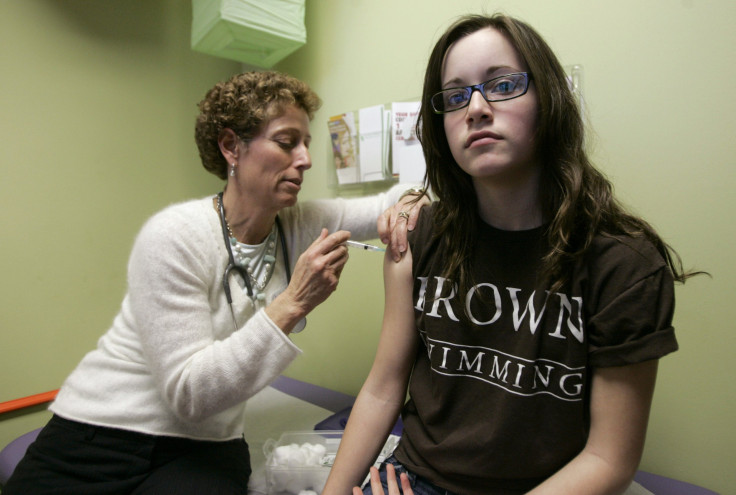NSW government announces free vaccination program for teens

New South Wales Government has announced a free vaccination program for Australian teenagers. The move is in relation to the local government’s aim of protecting the young ones from the strains of meningococcal disease, which can potentially take lives.
A vaccination to protect teens against the four meningococcal strains will be given to 180,000 students. NSW Health Minister Brad Hazzard has explained that reported cases of the W strain of the disease had almost tripled across the state since 2015.
The more alarming issue is that 8 percent of patients infected with the W strain had lost their lives due to the disease. "You can die within hours, or even if you don't die, you can be left with loss of your legs, your arms, your fingers,” Hazzard explained.
NSW’s newest health program would cost US$9 million (AU$11 million). It will be rolled out in all parts of the state, including those in remote areas.
Hazzard has assured that wherever state teenagers are at, even in the most remote parts, in the regions and in the cities, all teenagers aged 17 and 18 will be immunised against the deadly bacteria. Teenagers aged 17 and 18 are the ones who are at most risk of acquiring the disease.
Currently, there are five main strains of meningococcal disease in the country, which are A, C, W, Y and B. The B strain is the most widespread form in the land down under, although the W strain has noticeably increased in the last two years. Forty to 50 percent of the 256 cases of meningococcal disease in the country last year were cases of the W strain per News.com.au.
Lobby group Meningococcal Australia has earlier called for all states and territories to follow the trail of Western Australia. WA's Health Department has declared a four-in-one vaccination program earlier this year.
WA’s vaccination program gives free protection to teens aged 15 to 19 years old against strains A, C, W and Y. Meningococcal Australia believes that the WA should be a role model to other states.
In January, the Federal Government announced that a national level response to the W strain of meningococcal disease was being worked on. The country’s chief medical officer has formed a focus group within the Department of Health to study the strain's epidemiology according to a spokeswoman for the department.
Department of Health’s website lists the meningococcal disease as an uncommon, but sometimes life-threatening illness. It is acquired through bacterial infection of the blood or membranes that connect the spinal cord and the brain.





















